
Yes, this is the one (Last) uber-super secure system you trust with ALL your passwords. Ouch. But d
espite the hacking, LastPass says users who had a strong master password in the first place are still safe (and they are forcing users to change that master password now).
I’m not a security expert and don’t pretend to be one, so all you can get from me is some ramblings from a business user:
Most of us are at an even higher risk every day: statistics show that over 60% of Internet users
have a favorite set of login credentials …
(Cross-posted @ CloudAve » Zoli Erdos)

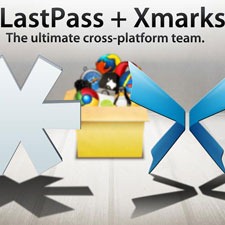
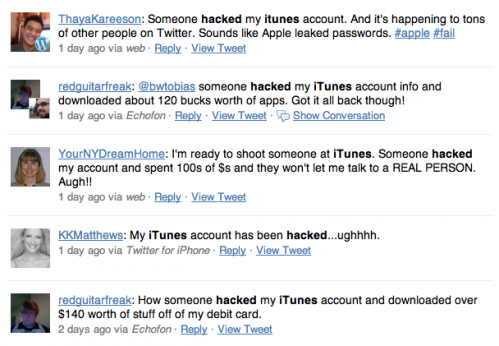

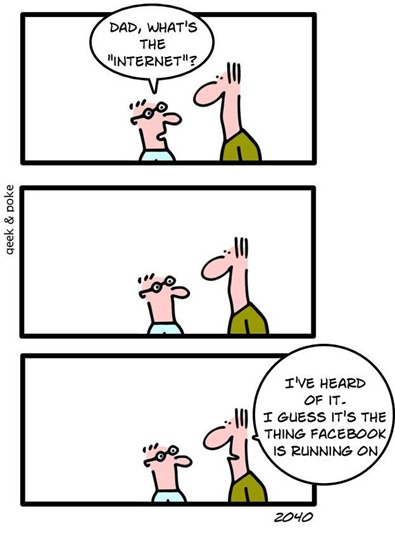




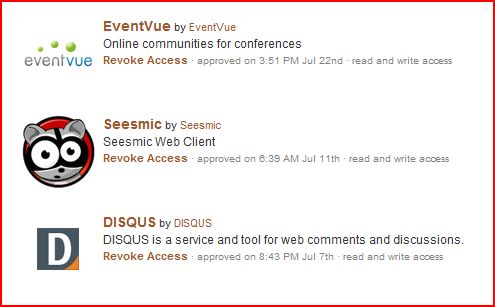

 One of the major roadblocks to SaaS providers’ entry to the enterprise is IT and Business concerns about corporate security, thinking of the firewall as the last line of defense.
One of the major roadblocks to SaaS providers’ entry to the enterprise is IT and Business concerns about corporate security, thinking of the firewall as the last line of defense. 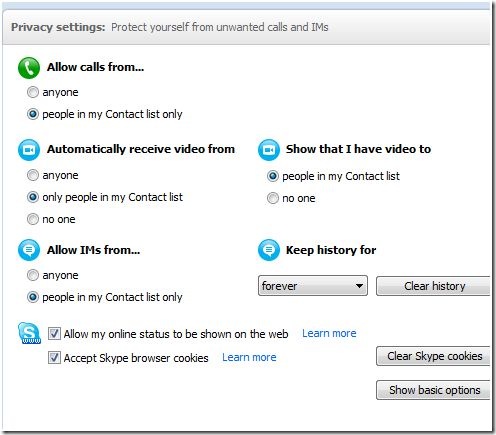

Recent Comments